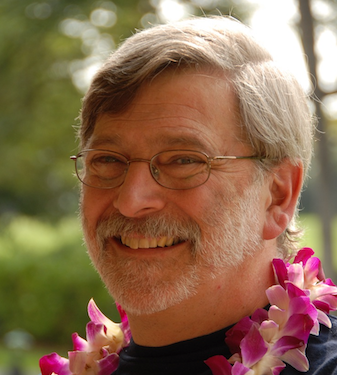Close reading and curiosity
27 Nov 2025
A recent Boston Review has a good article on close reading. It makes a point that I think is too often missed: the author’s comment about good faith listening comes very close to my own understandings of intellectual humility, fierce curiosity, and listening to learn:
“On the first day of each new class, I tell my students about the philosopher Donald Davidson’s idea of radical interpretation. To make sense of a foreign language, or indeed any language, Davidson argues, a listener must begin with a stance of good faith by assuming that the person they’re listening to has rational beliefs and is making meaning. This must happen before the listener can begin to interpret what that meaning is and whether she agrees with it. I tell my students this because I want them to read difficult and strange poetry this way too: with the foundational and constant assumption of good faith.”
Fierce curiosity: strive to see what others see and understand how they came to see that.
Fierce advocacy: declare and debate.
Links to more on this topic:
Tags

